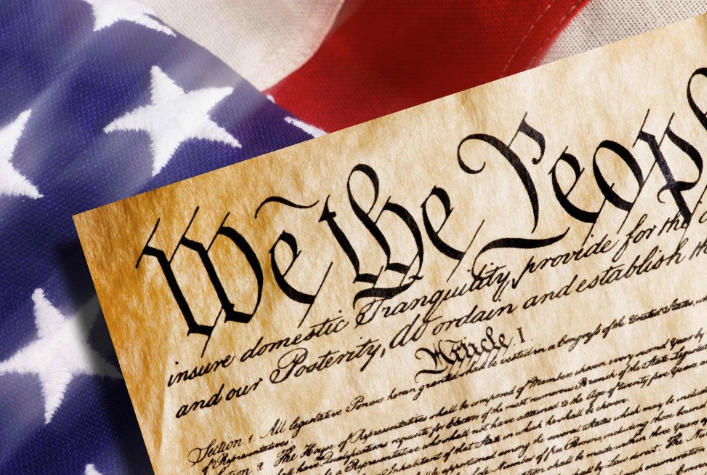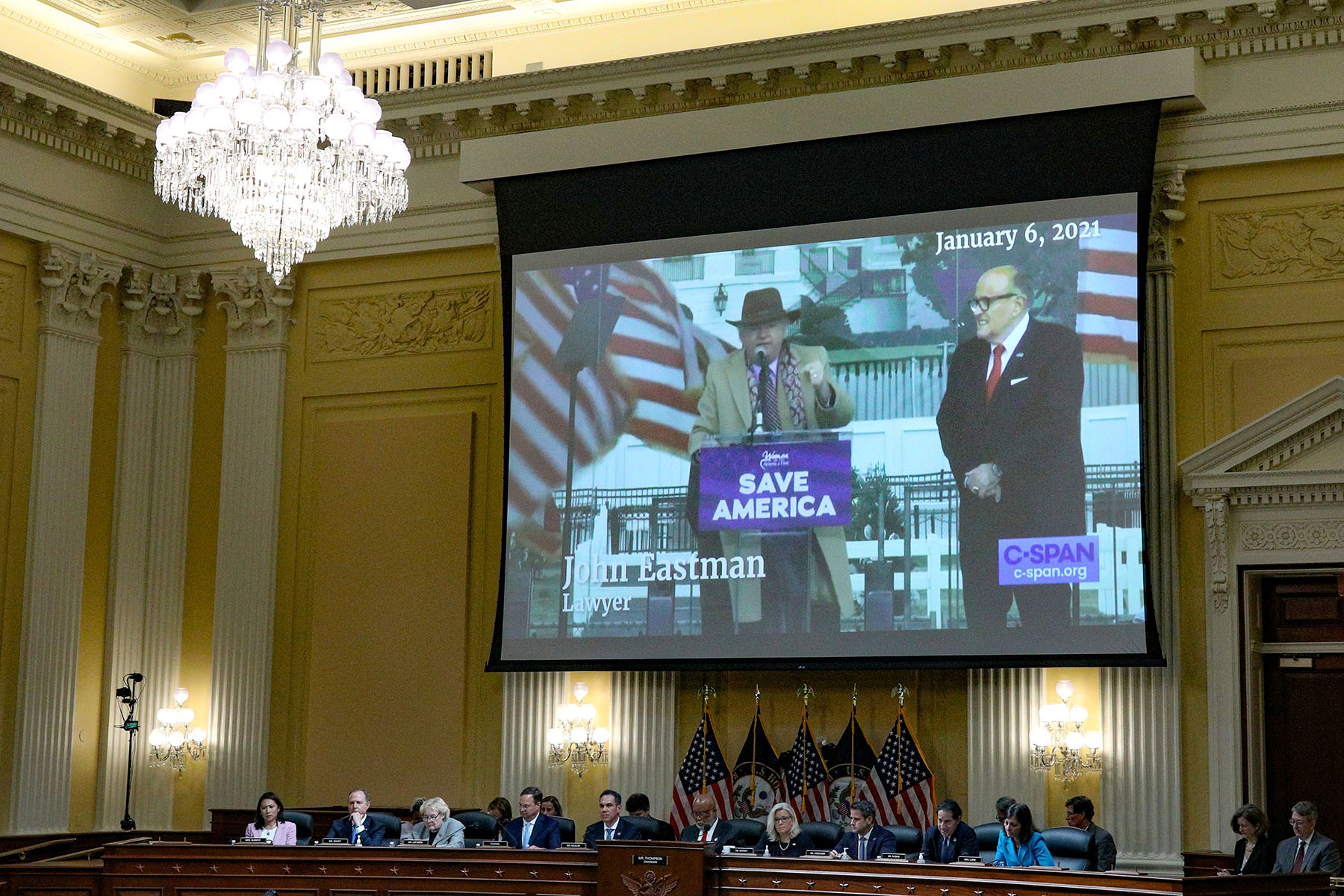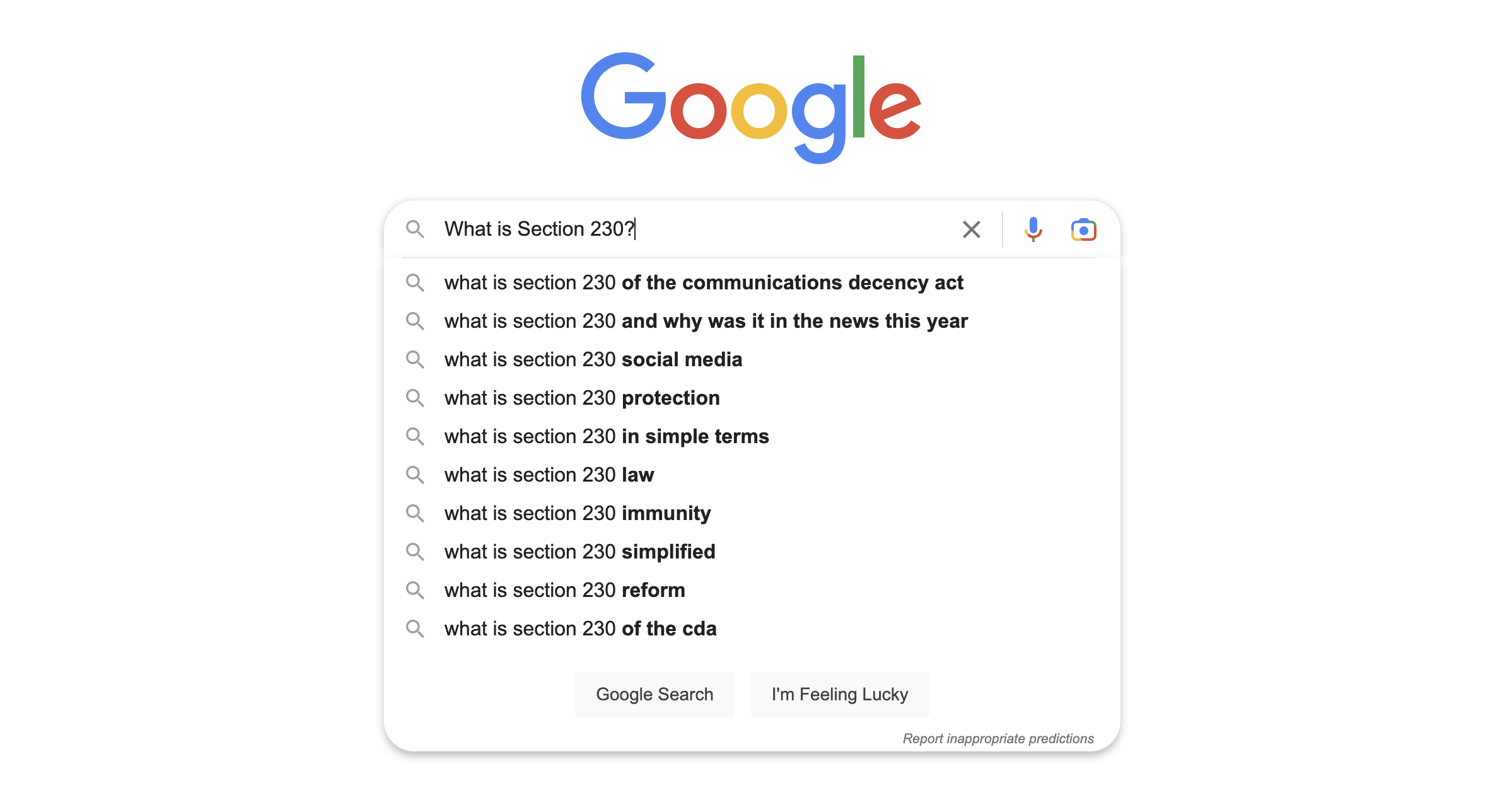Update: The Supreme Court is scheduled to hear arguments for Houston Community College System v. David Buren Wilson on Tuesday, November 2, 2021. For more information about the case, you can Adam Liptak’s coverage here. Liptak is the United States Supreme Court reporter for The New York Times.
By David L. Hudson, Jr.
A public body censures one of its members who had been criticizing the body, filing lawsuits against the body, and accusing the body of not complying with state law. The public body then censures the member. The member claims that the censure was a retaliatory act against his critical speech.
This scenario forms the basis of the case, Houston Community College System v. David Buren Wilson, that the Supreme Court will review this term. David Wilson unseated a 24-year incumbent on the Board of the college system, and soon after became a polarizing figure. He alleged that his colleagues were violating Board bylaws, and he also disagreed with the decision to open another campus. He often took his complaints public, and even had robocalls directed at some of his fellow members. He later filed several lawsuits against the Houston Community College System (HCC).
A federal district court dismissed Wilson’s First Amendment lawsuit, finding that he lacked standing. The district court reasoned that the Board’s censure did not prevent Wilson from speaking or otherwise performing his official duties.
Wilson appealed to the Fifth Circuit, and a three-judge panel reinstated Wilson’s claim, writing that “Wilson’s allegation of retaliatory censure is enough to establish an injury in fact.”
“The Supreme Court has long stressed the importance of allowing elected officials to speak on matters of public concern,” the three-judge panel wrote. The panel applied a version of the traditional public employee “public concern” test from Pickering v. Board of Education (1968). Under the Pickering test, a public employee’s right to speak on a matter of public concern is balanced against an employer’s efficiency interests.
It is an interesting question about whether the Pickering test should apply to an elected official, but it certainly appears that Wilson was speaking on matters of public concern. As the FifthCircuit panel noted, revealing governmental corruption is inherently a matter of public concern or importance.
However, HCC asserts that the panel’s decision was misguided and threatens the operation of local democracy by chilling the use of the censure power. “Throughout American history, elected bodies at all levels of government have exercised the authority to censure their own members,” the cert petition reads.
HCC also argues that a censure is a form of governmental speech immune from First Amendment free-speech review. The government speech doctrine is a powerful doctrine in First Amendment law, because if speech is declared to be government speech, then any First Amendment free-speech challenges fails. In its amicus brief, the Texas Association of School Boards Legal Assistance Fund writes, “The ability to censure a board member is an act of self-governance free of scrutiny under the First Amendment.”
However, in his brief in opposition, Wilson says that while the ability of a public body to censure is well established, censures “are not an appropriate response for core political speech.” Wilson argues that this case is about the majority attempting to silence the minority something he regards as anathema to local democracy. He explains:
“What the majority may not do, however, is adopt an official resolution—purporting to speak for the government itself—that censures members of the minority simply for expressing minority views. To do that is to establish political orthodoxy, backed by threat of official sanction.”
Wilson also argues that the censure is not a form of government speech, because the Board punished him for his private speech uttered outside of the deliberative process. Wilson characterizes the case as one of retaliating against a person who holds dissenting views.
The case certainly raises some interesting First Amendment questions and holds great significance for a wide variety of governmental bodies and their dissenting members.
Tags




